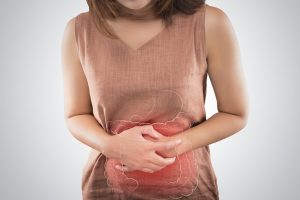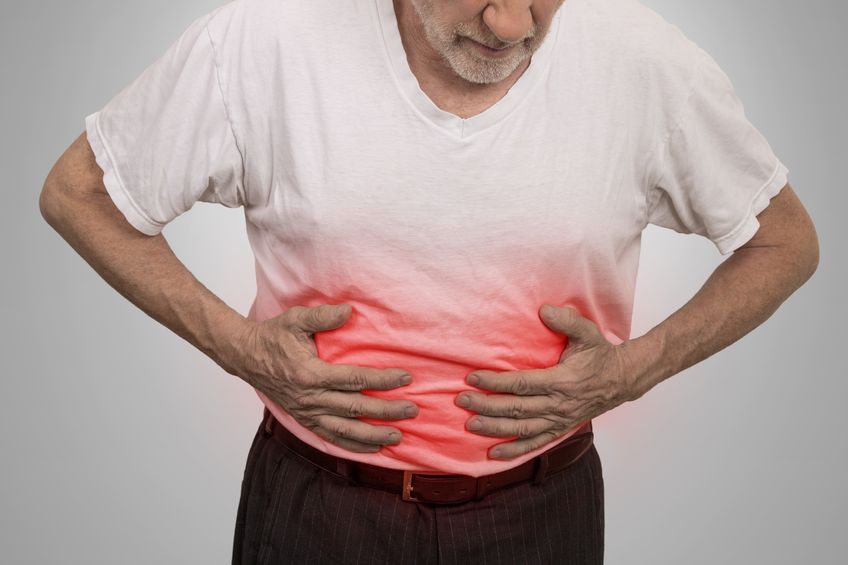 Dr. Tasreen Albhai N.D.
Dr. Tasreen Albhai N.D.
Naturopathic Medical Director
Read Biography Schedule an Appointment
Its Allergy season and those that suffer from allergies understand how hard this time of year can be on how we feel. Histamine is usually associated with allergies such as sneezing, runny nose, nasal congestion and skin reactions. What you may not know is that Histamine may also contribute to digestive symptoms. Common symptoms that may be, in part, due to histamine includes diarrhea, abdominal pain, heartburn and reflux.
Histamine is a biogenic amine produced by your immune cells and it has various effects in your body. It is produced by mast cells, basophils, and other cells in the body as part of the immune response to injury or infection.
Histamine plays a role in inflammation and is involved in allergic reactions. Histamine binds to receptors on cells as a part of an allergic reaction, causing dilation of blood vessels, increased permeability of blood vessels, and smooth muscle contraction. The result is symptoms such as itching, swelling, redness, and hives.
Histamine also has other functions in the body. It is involved in the secretion of stomach acid. It is also a neurotransmitter in the central nervous system. However, when histamine levels become too high or the body overreacts to its presence, it can lead to various allergic or inflammatory disorders.
Some of the digestive symptoms Histamine can contribute to include loose stools, gas, bloating, heartburn. Other body symptoms that may also be a sign that Histamine may be causing some of your digestive symptoms include:
- anxiety
- menstrual cramps
- chronic headaches or migraines
- motion sickness
- excessive swelling with insect bites
- always having a runny nose
- seasonal allergies
- anxiety
- tinnitus
- swelling in the lower extremities
Histamine is often overlooked as a possible underlying cause of digestive symptoms. The Naturopathic Physicians at Vitalia Health Care are trained in understanding how Histamine works in your body and how it may be involved in digestive symptoms.

A low histamine diet may improve digestive symptoms if they are linked to high histamine. Fermented foods, chocolate, eggplant, olives, aged meats and spicy foods may be the most problematic foods for those who have high Histamine.
Bacteria or yeast in your digestive system are a big part of how histamine may build up in your intestinal tract. The overgrowth of bacteria or yeast leads to the fermentation of food, producing histamine. Histamine is a by-product of bacterial fermentation. Therefore, identifying and treating the overgrowth of microbes in the gut is an integral part of reducing histamine in the body. Your Naturopathic Physician can investigate whether your gut microbiome is contributing to high Histamine.
Call us today if you suspect Histamine may be contributing to your digestive symptoms
Dr Tasreen Alibhai ND



